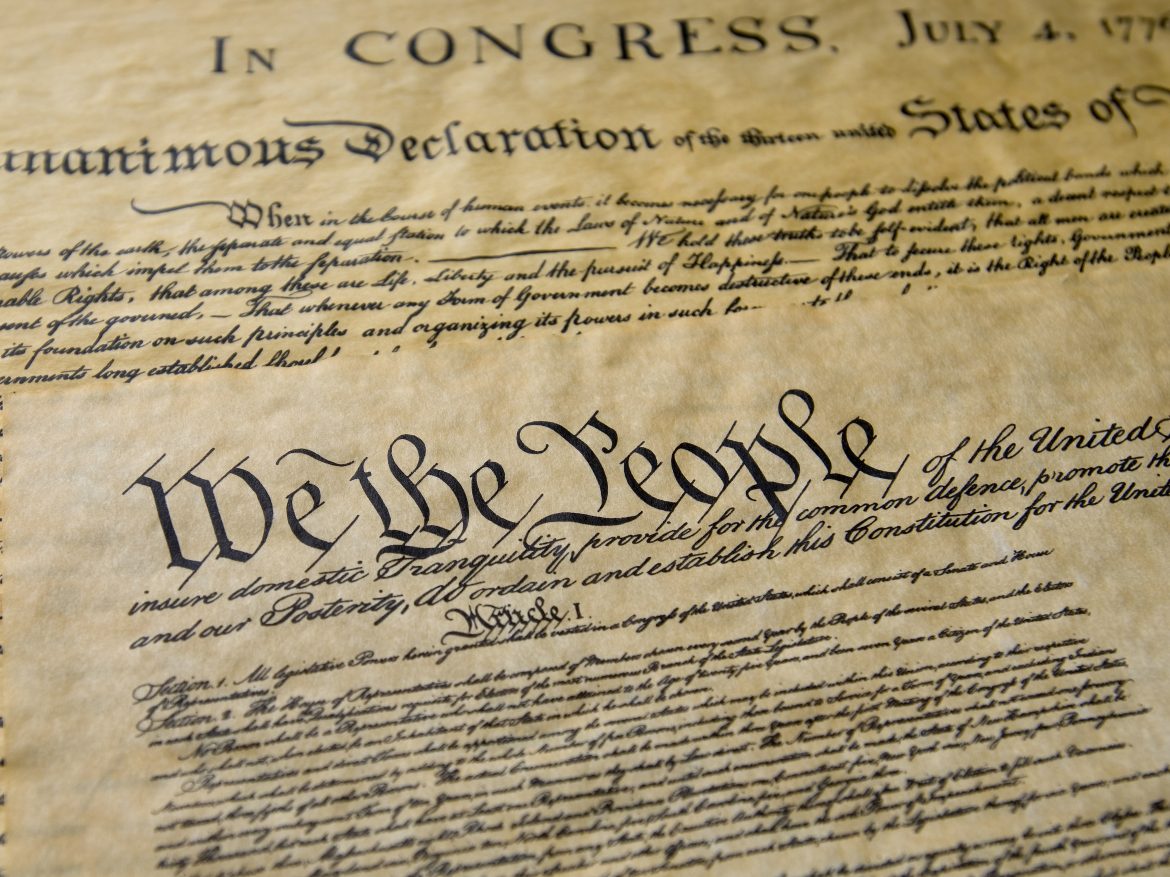The legal landscape in America often mirrors its complex social dynamics, particularly when high-profile figures are embroiled in legal battles that test the boundaries of constitutional law. One such case, unfolding in New York, has captured national attention not merely for its celebrity but for its profound constitutional implications. This discourse explores the intricate dance between due process and equal protection under the Fifth and Fourteenth Amendments of the U.S. Constitution as they relate to this case.
Historical Context and Constitutional Foundations
The roots of Due Process and Equal Protection in American law are deeply historical, stretching back to the Magna Carta of 1215. This document first introduced the concept of lawful judgment by peers or by the law of the land—a precursor to what would become due process. The concept was further entrenched with the adoption of the Bill of Rights in 1791, particularly through the Fifth Amendment, which assured that no person would be deprived of life, liberty, or property without due process of law. The Fourteenth Amendment, ratified in 1868 following the Civil War, expanded these protections to apply against state actions, emphasizing equal protection under the laws. These amendments form the bedrock of protections against arbitrary denial of life, liberty, or property and ensure all individuals, regardless of status, receive equal treatment under the law.
Case Overview
In the current New York case, allegations have arisen suggesting that the court proceedings may have deviated from standard legal procedures, potentially compromising constitutional safeguards. The trial’s handling, from jury selection to legal motions, raises questions about adherence to the due process guaranteed under the Constitution. For example, if biases in jury selection or judicial conduct were present, these could constitute violations of the procedural fairness that due process demands.
Due Process Violations
The concept of due process is two-fold, encompassing both procedural and substantive aspects. Procedurally, it mandates a fair and unbiased legal process, while substantively, it refers to the rights granted under the law. In the scenario at hand, if procedural due process was compromised by not allowing the defense adequate time to prepare, or if there was undue influence exerted by public or political pressure, these actions would undermine the fundamental fairness required by the Fifth and Fourteenth Amendments.
Equal Protection Under the Law
The Equal Protection Clause of the Fourteenth Amendment requires that no state shall deny to any person within its jurisdiction “the equal protection of the laws.” This case prompts an examination of whether the defendant was treated differently from others similarly situated. If the prosecution’s actions were selectively punitive or disproportionately harsh compared to similar cases, this could suggest a breach of equal protection principles.
Implications of Nullification
Nullification refers to the idea that states can void federal law deemed unconstitutional. The controversy in this case might feel akin to nullification if the state’s actions seem to contravene federal constitutional standards, particularly those relating to civil liberties. While not traditional nullification, actions perceived as undermining federal constitutional protections could lead to a figurative nullification of those rights, setting a concerning precedent for the balance of state and federal powers.
Political and Social Context
The intersection of law and politics is particularly pronounced in this case, where political opinions and potential biases may influence judicial proceedings. The involvement of high-profile political figures or entities and the public’s interest could pressure the judiciary, potentially affecting the impartiality required for a fair trial.
The Role of Political Influence in Legal Proceedings
The intersection of politics and the judiciary represents a delicate balance. While the judiciary must remain independent to adjudicate matters impartially, political considerations invariably permeate high-profile cases. The challenge is ensuring that such considerations do not compromise the fundamental rights guaranteed by the Constitution.
In the Trump case, accusations that the proceedings are a form of ‘legal war’ against him by political opponents—if substantiated—could reveal a dangerous pivot from legal standards and a move towards a justice system that is swayed by political forces, which is antithetical to the principles of due process and equal protection.
Comparative Analysis
Drawing parallels with historical cases can illuminate the unique aspects of the current situation, such as the impeachment trials of Presidents Bill Clinton and Donald Trump, which similarly tested constitutional limits and the interplay of law and politics.
The ongoing case in New York serves as a crucial litmus test for America’s constitutional and judicial integrity. It underscores the necessity of vigilance in preserving judicial fairness and the rule of law, particularly when the eyes of a nation are watchful. As this case progresses, it will undoubtedly add a significant chapter to the storied history of American constitutional law, emphasizing the enduring importance of due process and equal protection.

